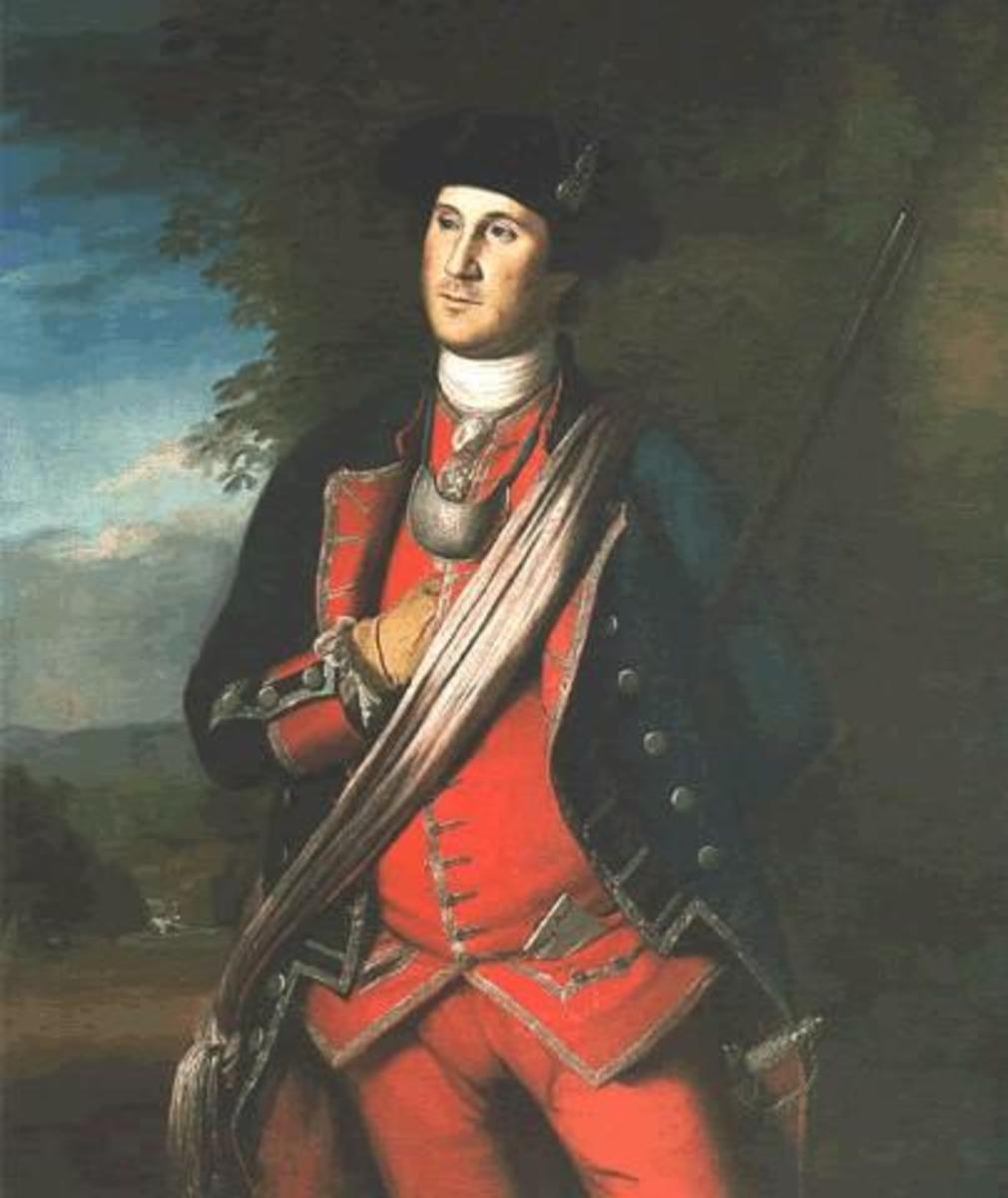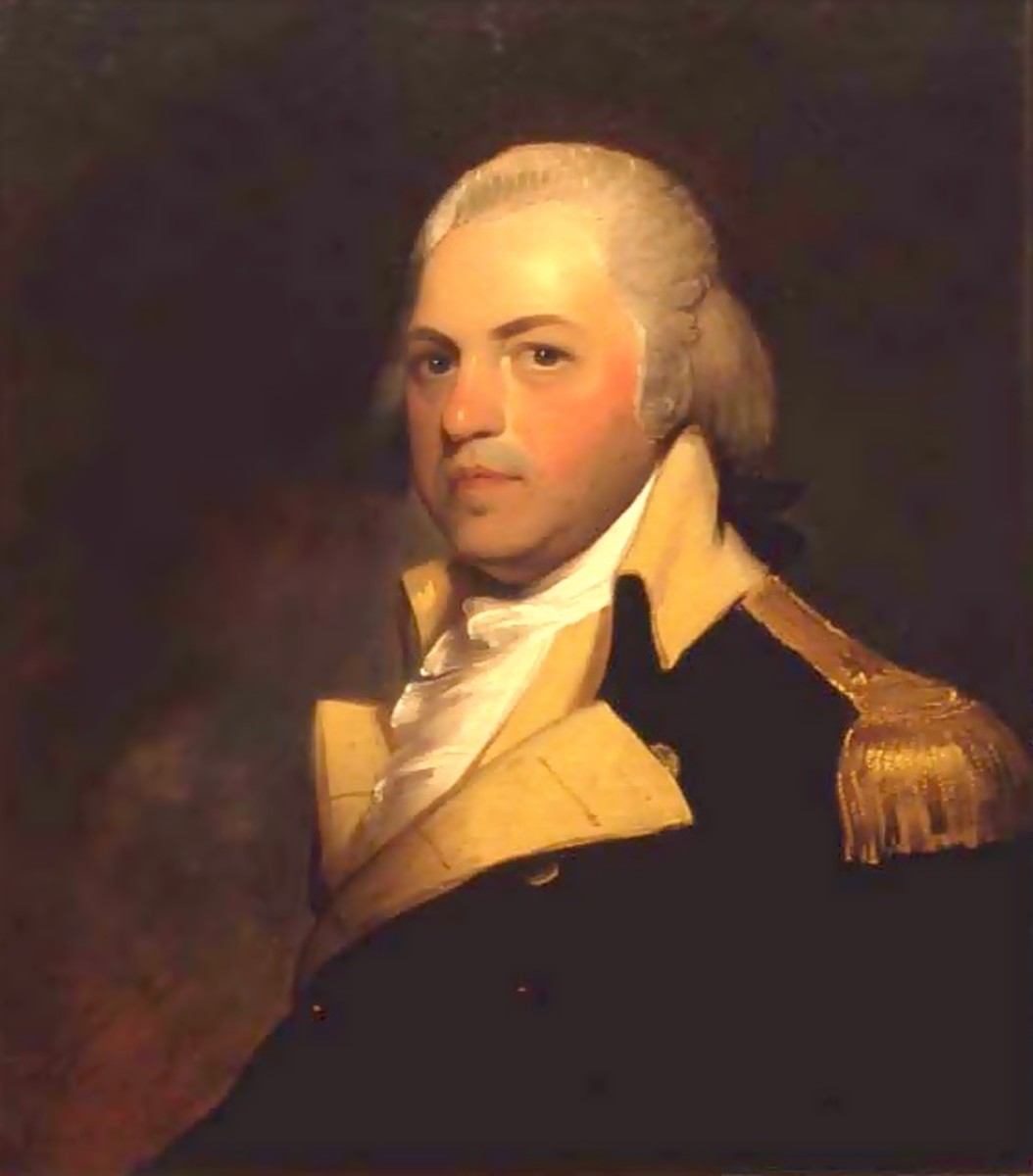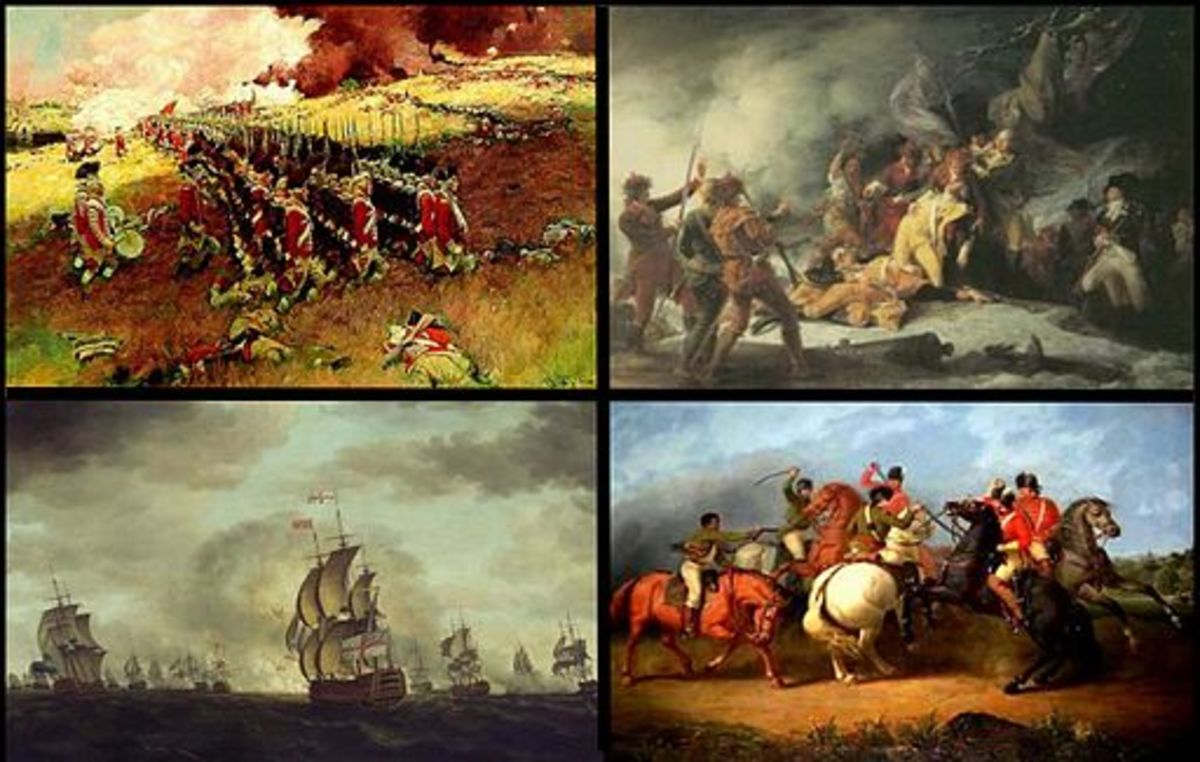Washington and Caesar - A Book Review
George Washington the Man
History is best presented as a story.
This is because history, at its most basic, is the story of who and what came before us and how those before us laid the groundwork for the world as it is today.
Before there were books, history was transmitted by story tellers whose task was to entertain as well as educate.
While dull facts, such as names, dates and places are important for the organization, context and analysis of history, they cannot be used to replace the power of the story itself.
In the hands of a good author, pure history can be an exciting tale.
Thomas B. Costain did this with his accounts of the establishment of the Norman dynasty in England. These were historical accounts but told in a way that was both readable and exciting.
The English historian and journalist Paul Johnson has done the same with his History of the American People and other books.
In his book Washington and Caesar, author Christian Cameron uses the historical novel format to both give us a picture of George Washington the man as opposed to the lofty Father of our Country image in which George Washington is so often depicted in history books.
Sometimes Fiction is a Better Format than Non-Fiction for Telling A Story
However, sometimes the story can be better told using the fictional format of a novel.
Here, the author invents one or more supporting characters to round out the story but doesn't altar the historical facts.
The historical novel is a very popular literary genre that requires the same writing and historical skills as that of a writer of good historical non-fiction.
The late Thomas B. Costain also found the novel format to be a good vehicle for his historical writings as well as this popular non-fiction format.
George Washington Portrayed as a Human Like Us With both Virtues and Vices
Here we see George Washington as a human being like us. Washington is a husband and father, a farmer/businessman as well as a general and leader in his community.
He is proud and ambitious but his integrity tends to keep these traits within acceptable bounds.
Washington campaigned for the job as Commander-in-Chief of the Continental Army and in the book we see him spending his days fighting the British Army on the field of battle while devoting many nights fighting political battles from a distance as he deftly maneuvers to keep his rivals from pressuring Congress to replace him with one of them.
We also see him as a successful businessman/farmer. Unlike many of his contemporaries, Washington ran his farms as businesses and was very successful in this area. So successful that, to this day he remains one of the richest, if not the richest, man to have held the office of President of the U.S.
But there is another story here and that is the story of the slaves who joined the British Army and fought with them against Washington and the Continental Army.
This is where Caesar comes in.
George Washington as a Lt. Colonel in Virginia Militia

Slavery and the American Revolution
Caesar is a fictional black slave who is purchased by George Washington from the West Indies.
According to a historical note penned by Cameron at the end of the book, the character of Caesar is based upon the lives of many escaped slaves who served in the British Army. So, while Caesar was not a real person, there were many real people who were much like Caesar.
Caesar was born in Africa and was the younger son of local ruler. Ironically, Caesar ends up a slave because he was too young to accompany his father, brother and other men of the area on a raid intended to capture natives of rival tribes to be sold as slaves.
While the village is lightly defended, it is attacked and Caesar is among those captured and sold in to slavery. The sad fact is that slaves were Africa's major export and it was Africans who captured and sold their countrymen from other tribes, to the European traders.
The supply side of the slave trade was an African operation that existed long before the discovery of the New World and European involvement in the trade.
This fact, of course, does not absolve the European traders nor the the plantation owners in the Western Hemisphere who represented the demand side of this equation.
It was the increase in demand for slaves, much like the increase in demand for drugs by westerners in today's world, which encouraged Africans to raid their neighbors in order to increase the supply of slaves for export.
The unfortunate result of this was a huge increase in raids by Africans on their neighbors in order to meet the increased demand for slave.
Washington the Businessman Initially Views Slavery as Simply a Tool for Business
Caesar initially finds himself on a plantation in the West Indies and that is where he is purchased by one of George Washington's agents while on a trading voyage to the British West Indies.
Here we see Washington the businessman at work.
Unlike many of his contemporaries who went through life as gentleman farmers freely spending the income produced by their lands and mortgaging their large properties for more money, George Washington was a business man who watched his bottom line closely.
Washington also continually sought ways to improve the output of his lands as well as invest in other profit making operations such as ships to carry goods for himself and his neighbors in the West Indies trade.
In the story, Washington keeps the slave and gives him the name Caesar. While Caesar's life is better working Washington's lands, he is still a slave and rebels at this fact.
Caesar clashes with the strong-willed Washington and ends up being sent away to join a crew clearing marshland on a distant property of Washington's and it is from here that Caesar eventually escapes.
The British Seek to Weaken Southern Economy by Using Promise of Freedom to Recruit Slaves to Fight for Them
With the Revolution starting, British authorities in the southern colonies decide to create black units in the Army and set out to recruit slaves with the promise of freedom.
Not only would this add to their manpower in the war but, like Abraham Lincoln with the Emancipation Proclamation (which freed slaves in areas controlled by the Confederacy but did not apply to slaves in Union controlled border states), the British hoped to weaken the revolutionary forces in the South by giving plantation owners a reason to stay home and watch their property rather than join the army and risk having their slaves leave in their absence.
In addition to being a great story and an enjoyable reading experience, Washington and Caesar provides a unique perspective on the American Revolution.
As stated above, the reader will gain new insight into George Washington the man and a better understanding of the daunting task he faced in his fight for American independence.
Like Washington, We Gain a Deeper Understanding of What Freedom Means
At the same time one gains a greater appreciation of the meaning of freedom. Both the political freedom George Washington was fighting to achieve and the personal freedom that Caesar was fighting to gain.
In the book (and in real life) Washington comes to see the irony of fighting to free the country from British rule while, at the same time, fighting to maintain the institution of slavery.
As a result, he begins to change his views on slavery and question the institution (upon his death he freed the slaves he owned).
As an American I found myself naturally rooting for our side when reading the chapters describing the battles from the point of view of Washington and his men.
However, it was also very easy to empathize with Caesar and almost hope for a British victory when reading the chapters describing the war from their point of view. The characters on both sides are very human in both their flaws and virtues.
All in all, this is a great book for anyone interested in a good action story or well researched historical fiction.
Click here to read the author's, Christian Cameron, comments about how he views the book and the people and events in it.
© 2008 Chuck Nugent







